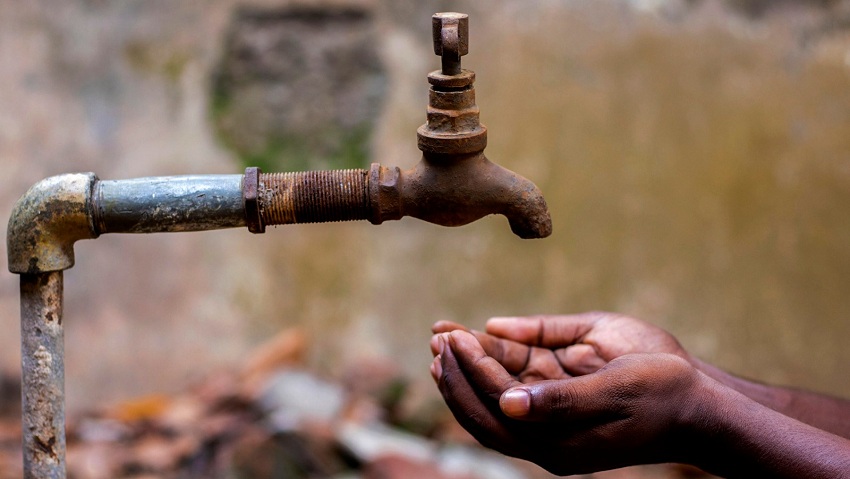The private sector has been urged to take seriously the risk of a likely water crisis in Nairobi to avoid the experience of Cape Town, South Africa, whose taps almost ran dry in 2018.
A breakfast event co-hosted by the Upper Tana Nairobi Water Fund Trust (UTNWFT) – a conservation charitable trust and the Nairobi Securities Exchange (NSE) to enlighten business leaders about the risk noted that unsustainable farming practices by farmers in the Upper Tana catchment basin, coupled with climate change, population growth and increased industrial demand are threatening the sustainable supply of water to the city- drawing parallels with Cape Town.
Back in 2018, in what was dubbed Day Zero, residents and industry in Cape Town faced the prospect of their taps being turned off and needing to line up to collect water at supply points after the watersheds of the Greater Cape Town region dried up. Industry and the City of Cape Town had been warned by NGOs and scientists for years that invasive trees -mostly pines and eucalyptus – were draining the catchment, but nothing was done until it was almost too late.
The event, which was presided over by Environment and Forestry Principal Secretary, Dr Chris Kiptoo, brought together business leaders of listed companies, fund managers, institutional investors, and stockbrokers.
Nairobi requires about 750,000 cubic meters of water daily but is only able to meet 80 percent of city residents water needs.
UTNWFT has been working with farmers from the expansive catchment covering the four counties of Nyandarua, Murang’a, Laikipia and Nyeri and which straddle the Aberdares to improve their farming practices to help reduce river siltation, pollution, uncontrolled abstraction, and cultivation on riparian lands.
Shifting to land conservation methods using natural solutions such as water pans to harvest water runoff, planting of trees and nappier grass as hedgerows and cover cropping among other simple climate smart practices help increase water quantity and quality needed in the city and for hydropower production.
Over 90 percent of water consumed in the city and 65 percent in hydropower production comes from the Upper Tana basin.
With funds raised from Global Environment facility (GEF),to the Upper Tana-Nairobi Water Fund Project, private sector and corporate foundations, the trust has been able to engage over 40,000 farmers with subsidized water pans, fruits trees, tree seedlings, nappier grass, biogas cook stoves and drip irrigation kits among other items as part of the tool box for practicing land […]
